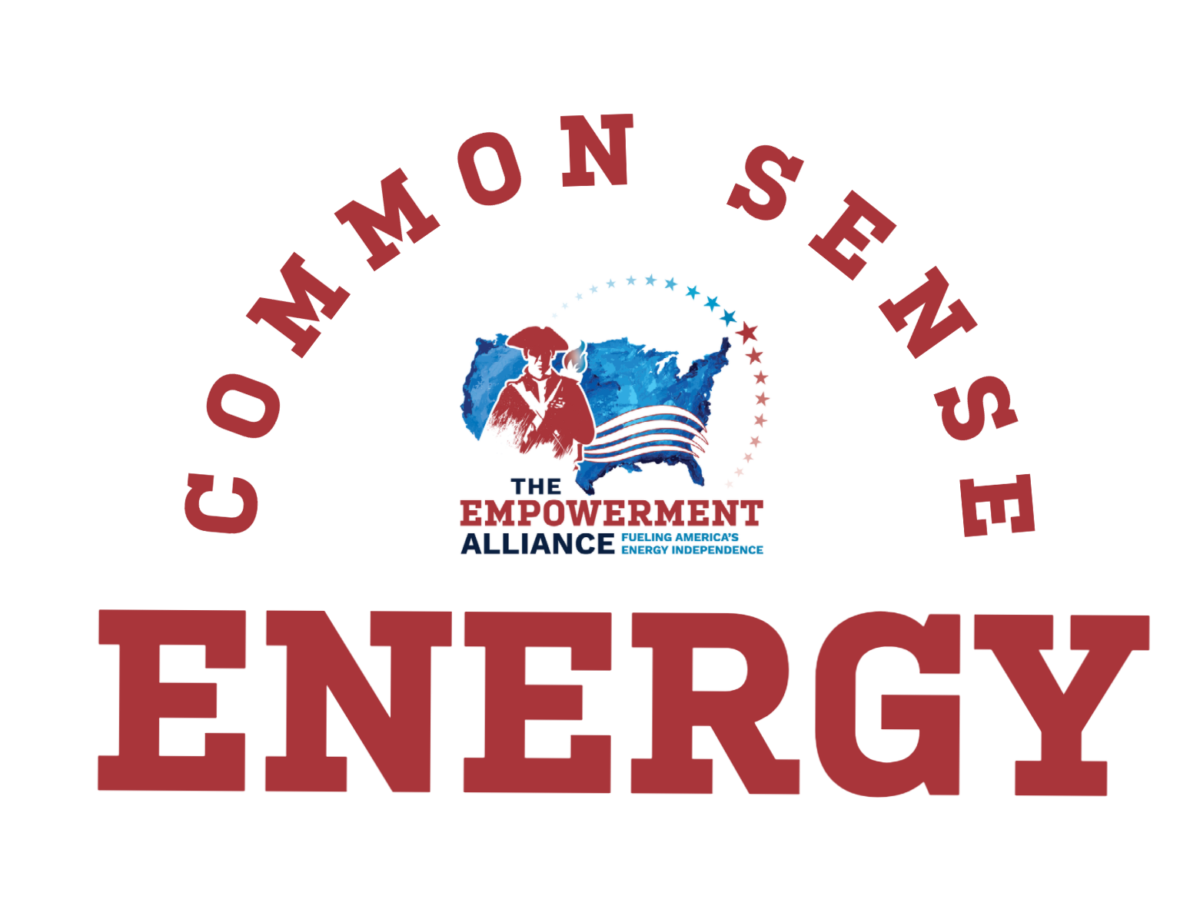
Congress vs. POTUS: Who Fuels Our Energy Future?
September 20, 2024
September 20th, 2024

- Stay up to date on all things energy by visiting the TEA Newsroom.
- America needs Affordable, Reliable, Clean energy security.
- Judge blocks Interior methane rule in five states.
- Opinion: More solar silliness in The New York Times.
- Report pitches Alaska gas line as cheaper energy solution.
- Biden admin ratchets up tariffs on Chinese EVs, solar panels.
- LNG industry faces an uncertain future.
- Oil and gas execs talk fracking, LNG pause.
- Biden proposes wide eligibility for EV charger tax credit.
- Microsoft strikes deal to restart nuclear plant to power datacenters.

The issue: House Republicans have adopted a common-sense approach to energy legislation, aiming to take down ESG bills and an EPA tailpipe emissions rule. That work can continue in both chambers by electing pro-domestic energy candidates to the House and Senate Nov. 5.
Why it matters: The House will vote on two bill packages in response to Biden/Harris’ climate agenda:
- One addresses the use of environmental, social and governance factors in shareholder decisions. Republicans have targeted the ESG movement, because it does companies and investors a disservice by prioritizing what they deem as political factors over the bottom line.
- H.R. 4790, the “Prioritizing Economic Growth Over Woke Policies Act,” looks to limit the federal government’s ability to compel companies to disclose non-financial information, such as board demographics or environmental impact.
- House members also are aiming to continue their assault on the Biden/Harris administration’s climate rules with a vote to roll back what they call a de facto “electric vehicle mandate.”
- GOP leaders are eyeing a vote on a Congressional Review Act resolution from Rep. John James (R-Michigan) that would nullify EPA’s tailpipe emissions rule for cars and small trucks.
Consider: The ongoing battle over ESG standards could have significant implications for America’s energy security, investment landscape, and oil and gas industry employment and it is important to keep this common-sense energy agenda moving forward. That is why TEA took the time to research candidates in 22 House toss-up races and develop an Energy Scorecard for each one.
One example is Arizona’s Sixth Congressional District, where incumbent Republican Juan Ciscomani (R) serves. Ciscomani is a staunch supporter of domestic energy, wanting to unlock our LNG exports and restore America’s energy independence.
There are other key races as well, so we urge voters in those 12 states (and all others) to stay informed on energy issues.
Bottom line: Both the executive and legislative branches play important roles in crafting energy policy. Americans must be reminded that affordable, reliable energy is at stake up and down the ballot!

The issue: California residents beware. Your next gas stove may come with a warning label similar to tobacco products.
In addition, there’s a brand new tax brewing in Berkeley, coincidentally very near the hometown of Kamala Harris, Democratic candidate for president. A court blocked the city’s ban, but their Plan B is to kill them with taxes.
Why it matters:
- The next time they shop for a cooking stove, the gas versions might show a health warning label similar to those on tobacco products, despite studies showing that natural gas stoves do not have negative health impacts with proper ventilation.
- California lawmakers have passed a bill that would require such warning labels on gas stoves for sale in stores and online. Gov. Gavin Newsom has until the end of September to sign the bill into law.
- The Association of Home Appliance Manufacturers opposes this legislation and suggested a different label that does not focus on fossil fuel combustion pollution. The trade group echoes gas industry arguments that smoke and fumes from cooking food are a bigger problem than pollution from burning gas and that two separate issues are being conflated.
Consider: We aren’t blaming Kamala Harris directly for the current legislation. But we know that when she served as the state’s Attorney General she crusaded against domestic oil and natural gas producers and has filed several lawsuits. As Harris seeks the Democratic nomination for president, her two terms as California attorney general offer a well-documented window into her approach to climate and energy issues.
As AG, Harris sued oil companies, including BP, for tens of millions of dollars. In one of her last moves before leaving the legal office, Harris successfully sued the Obama administration in 2016 over a plan to allow fracking off the Pacific Coast.
The point is that much of the nation’s bad energy legislation originates in California. It then spreads across the country, being adopted by radical mayors, governors and lawmakers all the way to Virginia.
Bottom line: California is ground zero for green-at-any-cost energy policy. Their efforts to tax and regulate gas stoves out of existence will spread nationwide if Kamala Harris wins in November.

The decline in gas prices slowed over the past week, but experts expect the downward trend to continue as we head into fall. As of today, the national average for a gallon of gasoline is $3.22, one cent less than it was last Friday.

Hearing On Failed Biden-Harris Policies: On Wednesday, September 25, the House Oversight and Accountability Subcommittee on Economic Growth, Energy Policy, and Regulatory Affairs will have a hearing on “Kitchen Table Economics: How Failed Biden-Harris Policies Continue to Hurt Consumers.”
Hearing On Puerto Rico’s Electrical Grid: On Thursday, September 26, the House Natural Resources Subcommittee on Indian and Insular Affairs will have a hearing on “Examining Puerto Rico’s Electrical Grid and the Need for Reliable and Resilient Energy.”
“We have to start always with energy. There’s no bigger subject. It covers everything. Whatever you make, energy is a big deal. It’s my ambition to get your energy bill, within 12 months, down 50%.”
— Donald Trump, answering a question about how he would bring down the cost of food and groceries for American families.